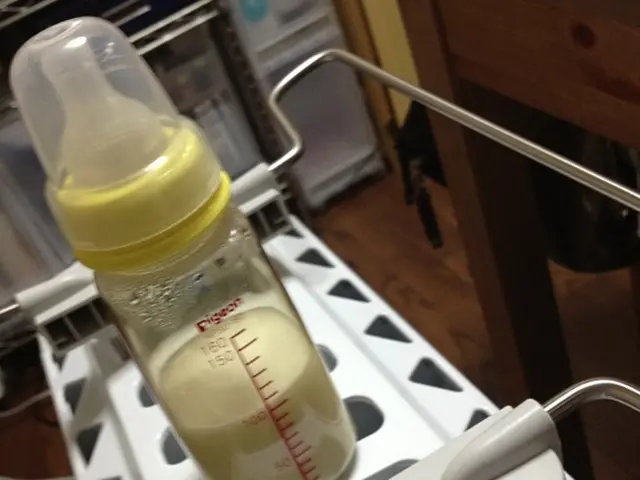Does Vermouth Expire? Shelf Life and Tips to Maintain Its Optimal Taste
Vermouth, a vital ingredient in many classic cocktails, does indeed have a limited shelf life. This essential component in drinks like Martini and Negroni can easily be overlooked, leading to a dusty and possibly spoiled bottle in your kitchen cabinet. To ensure that your cocktails are at their best, it's crucial to understand the proper storage and usage of vermouth.
In the world of spirits, where some can last for years, dry vermouth is more of a temporary companion. Its relatively short shelf life is primarily due to its wine base, which is sensitive to oxygen, light, and temperature changes. To preserve the delicate flavors of dry vermouth, storage is key. Store your vermouth in a cool, dark, and dry place, preferably in the fridge. Also, make it a habit to reseal the bottle tightly after pouring, and use it within a month of opening for peak flavor.
When it comes to the lifespan of an open bottle of dry vermouth, cooling it down is vital. Refrigeration helps maintain its flavor and prevents it from turning sour prematurely. In addition, keeping your vermouth away from direct sunlight is also important, as light can degrade its quality quicker than you can say "cheers."
Once vermouth is opened, it's best to consume it within a few weeks to ensure that its mixability remains at its peak. During this time, it will elevate your cocktail concoctions with its crisp herbal undertones. However, if you notice an off odor or taste, it's time to dispose of the bottle. As a general rule, it's a good idea to give your bottle of dry vermouth a sniff test before using it in your cocktails, and if you're uncertain about its quality, a tiny sip can provide a definitive answer.
To make the most of your vermouth in cocktails, it's not just about whether it goes bad; it's about how it complements your drinks. Vermouth's role in cocktails is crucial, especially in classics like the Martini, where its fresh and vivacious flavor is essential. In general, vermouth's optimal mixability lasts for about one to three weeks, so pay attention to the open bottle just as you would to the selection of your bar tools.
In conclusion, dry vermouth is a fleeting companion in the world of spirits, but with proper storage and usage, it can provide a delightful experience for cocktail enthusiasts. To learn more about Vermouth's shelf life, storage hacks, and an in-depth breakdown on other bar favorites, check out our additional resources. As with any spirit, freshness makes all the difference, so give that bottle the sniff test every now and then, and remember, when in doubt, toss it out.
- For those interested in exploring the food-and-drink category, understanding the shelf life and proper storage of dry vermouth, a crucial ingredient in cocktails like Martini and Negroni, is essential to maintaining its quality.
- In addition to focusing on recipes that feature dry vermouth, adopting a lifestyle that includes refrigerating and resealing the opened bottle within a month of usage can help preserve its delicate flavor and aroma for an optimal mixability period of about one to three weeks.
- Home-and-garden enthusiasts might appreciate knowing that giving an open bottle of dry vermouth a regular sniff test every few weeks can help detect any changes in its smell or taste, ensuring it remains fresh and suited for your next cocktail party.








